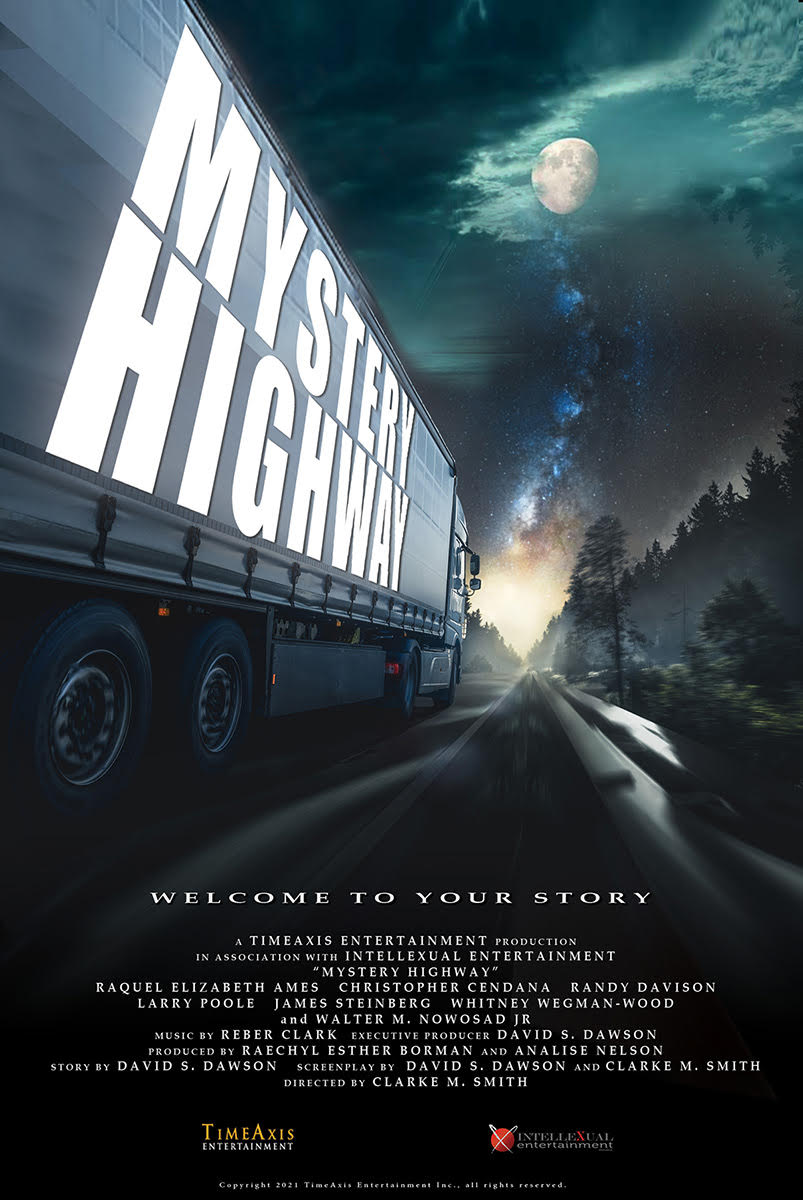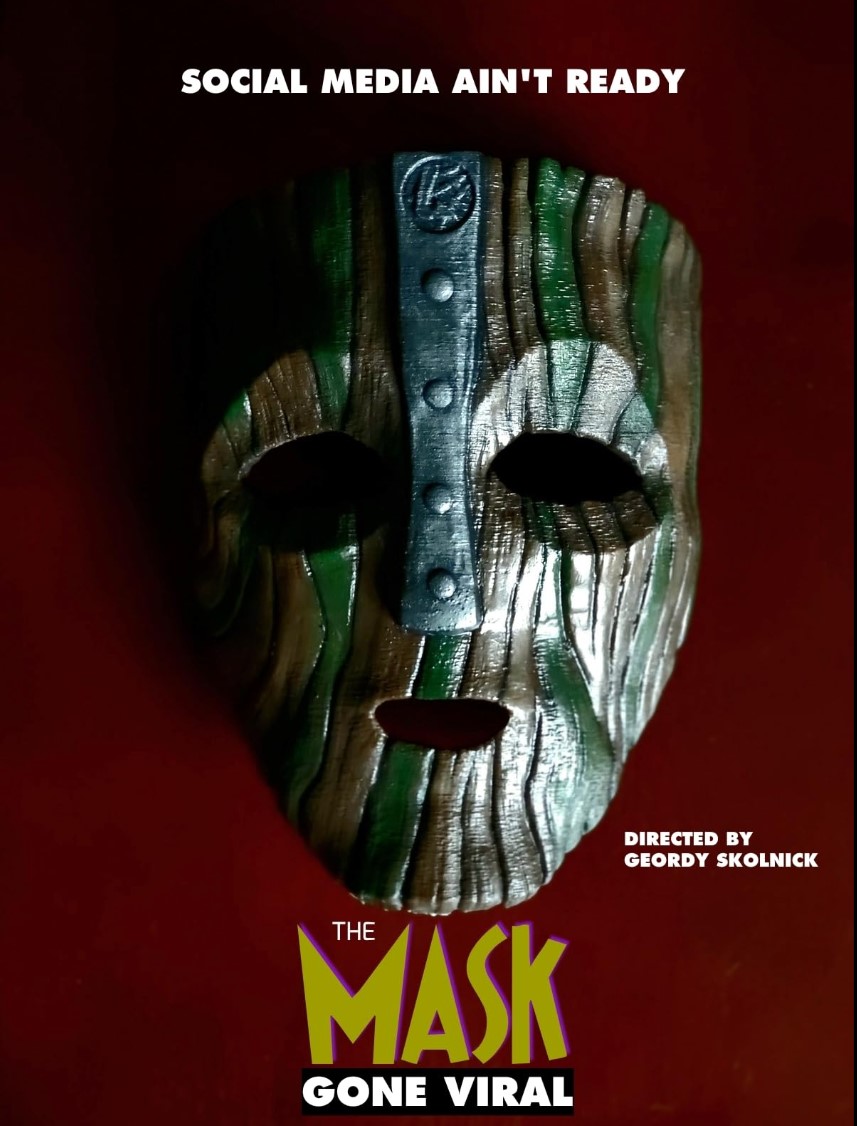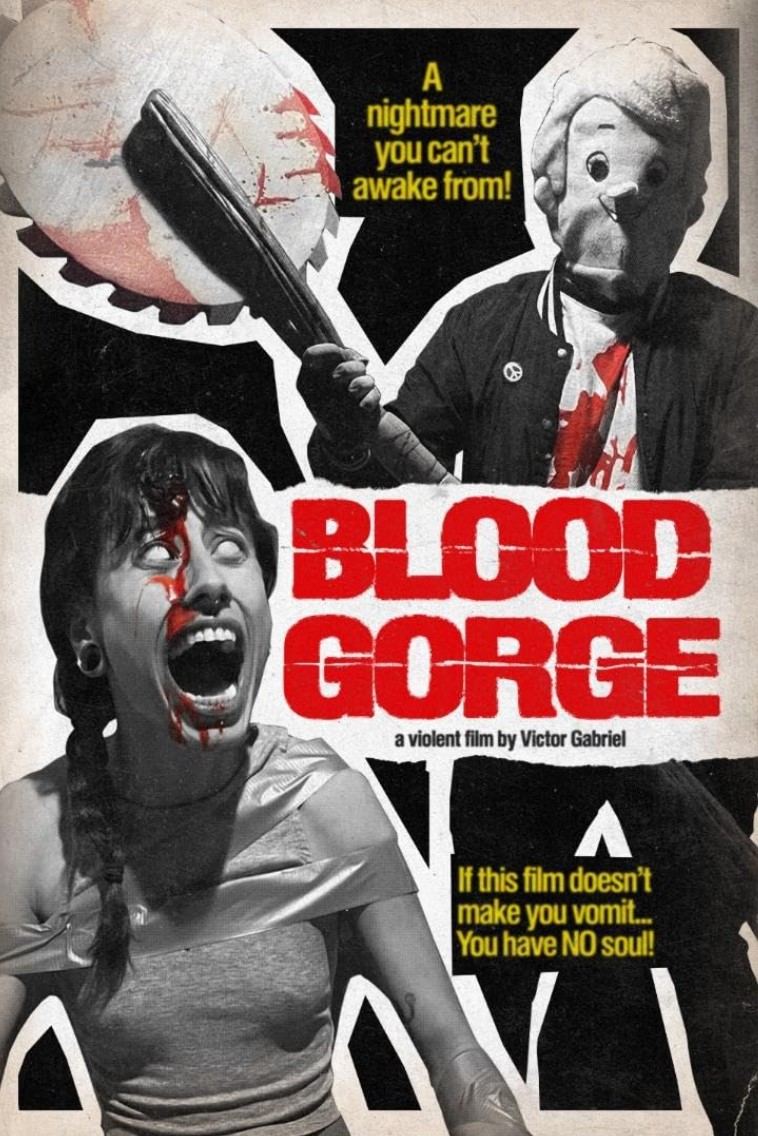Never have I ever been so affected by a TV show than after watching HBO’s Chernobyl. The pure shock and awe I experienced during every second of every episode is insurmountable. And to think that this wasn’t made up by writers. This was real. This happened. People died.
Let me give you some background here that might give some insight into my review. I was born years after the explosion, and half a world away in America, so I have no first-hand experience with the event, nor do I know anyone who does. I do, however, have more-than-average (but less than expert) level knowledge of nuclear power systems, geosciences, and general lifestyles under Soviet rule. That said, while I couldn’t go into specific detail of RBMK reactors or the upper-level political climate of 1986, I do somewhat understand the worldwide implications of nuclear fallout. And I am at a loss for words, both of how amazing this miniseries is, and how amazingly terrible the consequences were.
Chernobyl is a 5-episode miniseries detailing the events immediately following the 26 April 1986 explosion of Chernobyl’s Reactor 4 in Pripyat, Ukraine. The explosion, caused partly by human error but mostly by inferior design, released extremely deadly levels of radiation into the atmosphere that rendered Pripyat and the surrounding area uninhabitable while causing hundreds of thousands of people, plants, and animals to get sick or die.
Starring recognizable faces like Jared Harris, Stellan Skarsgård, and Emily Watson, this show was produced with the utmost care and respect for the people involved. There are no frills or laughs, just detailed dramatizations of the real people involved in the disaster. Filming took place in a decommissioned power plant. Real photos and recordings from the accident were used in all places possible. Period costuming was accurate right down to the buttons. This production was easily on a Kubrick-level path towards exact detail, but as we can see by the ratings (9.7/10 on IMDB and 95% on Rotten Tomatoes, as of this writing), it was worth it. We owed it to those that saved others’ lives.
I am blown away by the sheer amount of atmosphere radiating (see what I did there) from my screen every episode. From the first 5 minutes of the series, you’re hooked as you see two explosions from rooftops away. We, of course, have 30-some years of knowledge about the end result, but we’re immediately brought in to people in that present’s lives, living through something that has literally changed the course of history. As noted by Harris’ Valery Legasov, nothing like this has ever happened in the history of mankind.
I remember eating steak when I decided to watch the first episode. I took a few bites, eyes on the screen, and didn’t continue eating until the end credits. I couldn’t. My eyes were glued to the TV, mouth completely ajar, horrified at the number of scientists and firefighters coming into contact with extremely radioactive debris.
And it didn’t stop there. Every decision made had the Soviet livelihood in mind. “It is impossible for the core to explode.” They can literally see the burning glow of core matter. “There are no leaks.” Rescue crews are dropping like flies while others have severe radiation burns. “The citizens don’t need to be evacuated.” A plume of airborne cancer has made it all the way to Sweden. The level of dedication to the idea of a perfect, communal society is astounding to me. The betterment and reputation of the masses is more important than life itself. Over an accident.
Yet my face still maintained a shocked expression. I have seen a lot of special effects, costumes, and makeup in my movie-watching career. Typically they’re better than their television counterparts, where small details don’t matter as much. Chernobyl is a whole other beast. In today’s internet age, you can see photos of just about anything: beheadings, deglovings, decomposing corpses. Chernobyl‘s portrayal of the ranges of radiation sickness is like no other. I’m not a medical professional, but these looked as real as could get without actually being real. Major props to the effects department.
I could feel the music too. Low, droning sounds seeped into my bones, just as radiation would have done to those people. Apparently, composer Hildur Guðnadóttir took recordings from other power plants and based her music off of those. I’m willing to place a bet on these sounds being used as torture devices, because the amount of unease and anxiety I felt listening to it was insane. If the costuming and effects didn’t set you in the scene, the music put you right into the chaos with everyone else.
And there’s the story itself. Of course there were small liberties taken here and there; for example, Watson’s character, Ulana Khomyuk, wasn’t a real woman, but rather a combination of scientists involved in the crisis. But much of the story does come from first-hand accounts of people who lived to tell the tale. Chernobyl enveloped us into the community from the reactor crew to the locals and bits and pieces of people’s lives from that day forward. It’s incredibly enthralling without it being shoved in your face — at no time did I feel like I was forced to care for anyone, I just did. Knowing what was to come for most of those people and how serious the situation was, was enough to keep me hoping for the best. Not necessarily for any person in particular, but just to stop the overall suffering. Hindsight is 20-20, and though I know in my mind that this happened 30 years ago, in my heart I still hoped for the best. Many times in each episode did I sit, mouth agape, yelling at the TV and wishing they could hear my pleas not to go near the reactor, to disobey orders, to get out as soon as possible. You feel as disheartened as they do, especially seeing the many brave people willingly go on suicide missions for the betterment of society. I have no words.
Chernobyl is a breathtakingly crafted masterpiece about lies, manipulation, fear of the other, loss, fragility of life, and much, much more. I found it hard to find flaws (besides only being 5 episodes long), and I think that any interest in horror and the environment would be greatly matched with this series. It is certainly not for the faint of heart, but neither is reality. Chernobyl is a lesson in going too far towards an ideal, an Icarus of humanity’s push towards superiority over the universe (and sometimes, over each other). I think I am safe in saying Chernobyl is the best television series I have ever watched; I have thought about it every day since its release and I have no doubt that I will continue to think about it long after, something that does not happen often for me. And I think like the disaster itself, it will be remembered long after its time in the limelight.
If you’re interested in hearing more, listen to The Chernobyl Podcast on YouTube, where creator/writer Craig Mazin and Peter Sagal speak about crafting the episodes.
For more information on Chernobyl, visit their website, or read about the accident from the World Nuclear Association.











